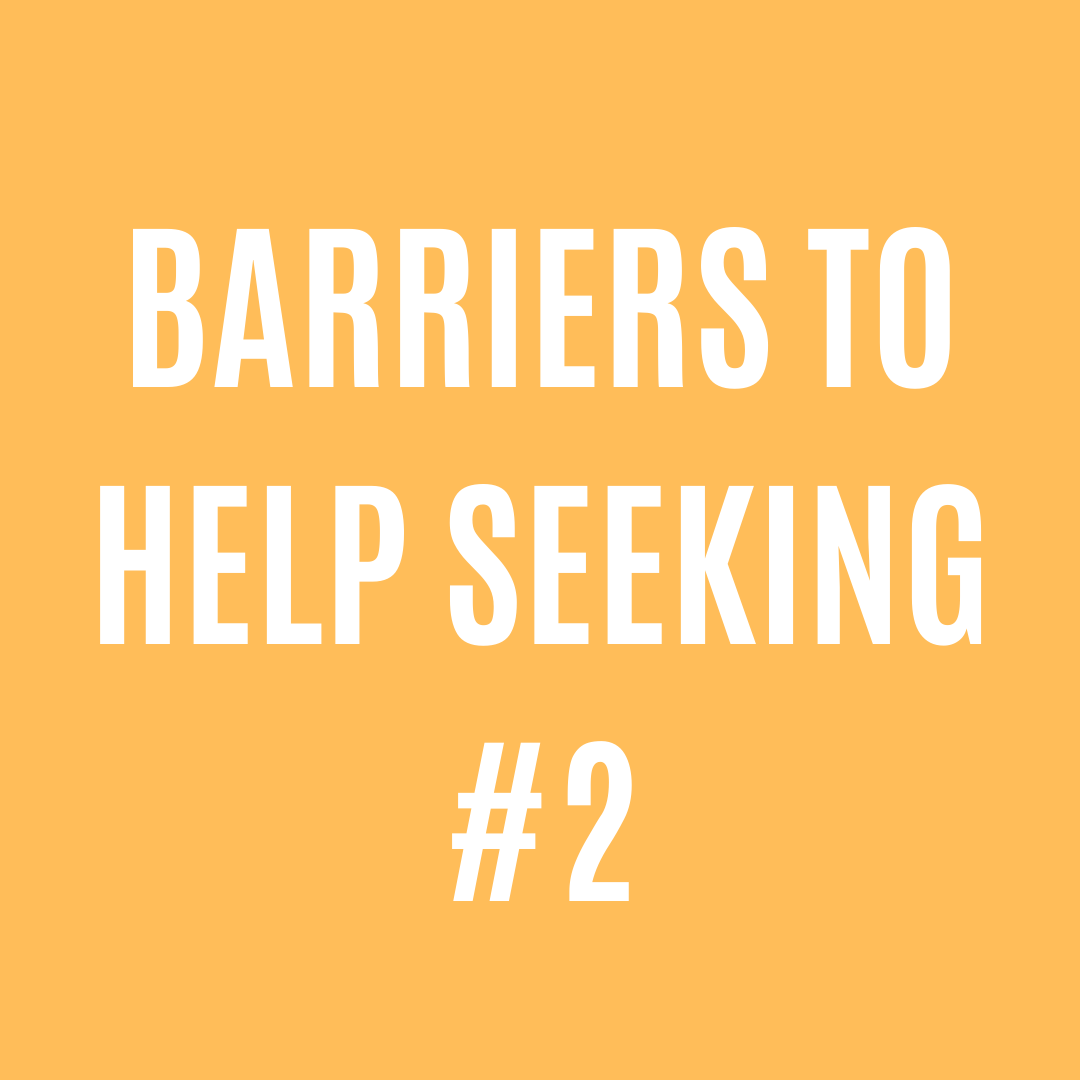PNDA affects 1 in 5 mothers and 1 in 10 fathers in Australia, with psychological, social and physical factors increasing risk
Perinatal depression and anxiety (PNDA) is costing Australia $877 million annually, according to a 2019 PwC Australia analysis prepared for Gidget Foundation Australia, entitled, ‘The Cost of Perinatal Depression and Anxiety in Australia’.
PNDA touches not only the parent experiencing the condition but can also have impacts on the child and wider family, with some of these impacts lasting a lifetime. Understanding the cost of PNDA to Australia can ensure that support for families be available during the critical early parenthood stage where it is needed. The estimated cost of PNDA to the health system, economy and wellbeing of those impacted totalled $877m, comprising of:
health costs attributable to PNDA equalling $227m, comprising increased use of primary
and community health services and hospital health care services and increased risk of
certain conditions for both the parent and childeconomic costs of $643m are attributable to productivity losses associated with
increased workforce exit, absenteeism, presenteeism and carer requirementsmonetised social and wellbeing impacts include increased likelihood of developmental
issues, depression, anxiety and child ADHD diagnoses,
totalling $7m.
Beyond this are estimated lifetime impacts of $5.2b attributable to the increased risk of depression, anxiety and ADHD in the children of parents with PNDA, affecting wellbeing, productivity and health system use.
Read more


















